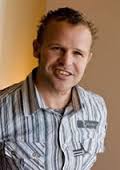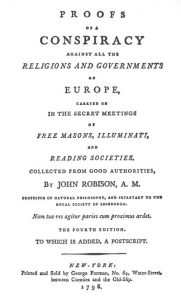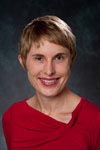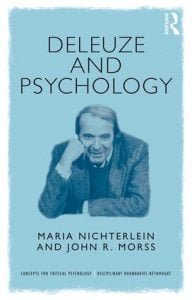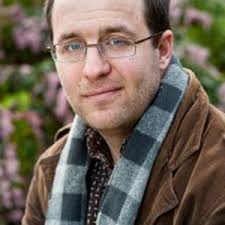A/Prof Matthew Sharpe (Deakin University), “A kind of divine fire: Prerogative Instances and the Topical Tradition”
Abstract:
Brian Vickers has literally written the book on Francis Bacon’s mastery of classical and renaissance rhetoric. Equally, work exists examining the relationship between Bacon’s conception of natural history and the ars memoria, for a long time taught as one of the five canons of classical rhetoric (Lewis 2009). This paper wants to pursue a passing, unpursued remark in Stephen Gaukroger’s study of Bacon, noting the comparison between what Bacon in the Novum Organum II calls ‘prerogative instances’ – roughly, specific kinds of phenomena whose artful singling out and observation in a given object domain will speed the induction of true generalisations – and the rhetorical ‘topics’: argument forms recommended by the classical rhetoricians under the canon of ‘invention’ as a means of ‘discovering means of persuasion’ about some subject. Two observations lie in the background of the analysis. First, these rhetorical texts – as Bacon remarks in Advancement II – represent the most extraordinary compendium of discerning phenomenological observations concerning practical sagacity and moral psychology: a compendium which Bacon was consummately aware of, and which lie in the background of his diagnoses of the ‘idols of the mind’. Second, one register of Bacon’s ‘new inauguration’ indeed involved challenging the Aristotelian conception of natural philosophy as solely contemplative: rather involving what he terms a ‘kind of [theoretical] sagacity’, in order to seek out the true forms and causes of things. Several claims are suggested by the comparison and contrasts between the rhetorical topics and Baconian instances. The modes of cognition operative in what we term the human sciences are not wholly foreign to or from those at the basis of the Baconian scientific culture. Indeed, the latter owes great debts to the humanistic culture Bacon and his contemporaries inherited and transformed. Scientific inquiry is indeed not an art, and in the 19th and 20th centuries has largely broken free from the social sciences (the ‘second culture’); but scientific observation involves forms of heightened attentiveness to the natural world that are not wholly foreign, or closed to some modes of artistic creativity.
Bio:
Matthew Sharpe teaches philosophy at Deakin. He has an abiding interest in Bacon and the epistemological break[s] associated with the birth of the modern scientific culture.
Where and when:
Tuesday 30 August, 4.00pm to 5.30pm, Burwood Campus, C2.05 (*** Please note the seminars are now back in C2.05 ***)
The seminar is free to attend and all are welcome.
For any inquiries, please email Sean Bowden: s.bowden@deakin.edu.au
Hosted by the European Philosophy and History of Ideas Research Group (EPHI) and the School of Humanities and Social Sciences.
